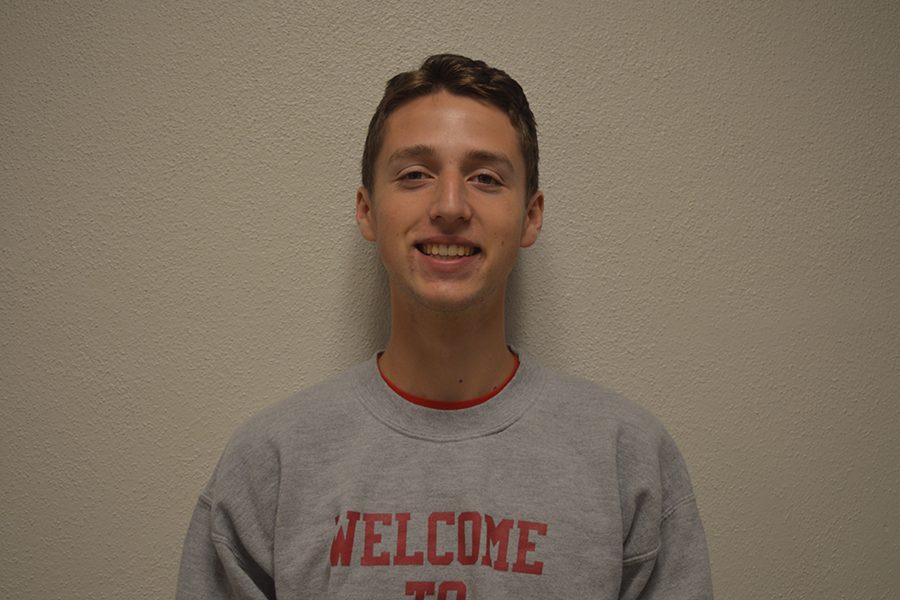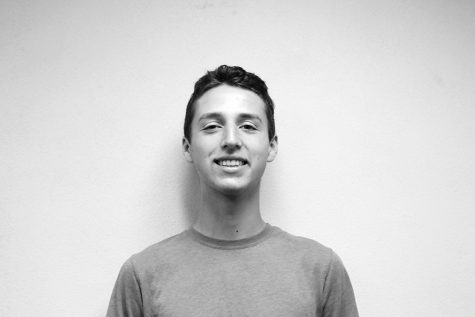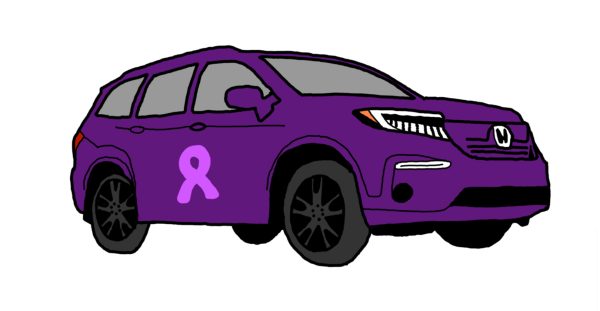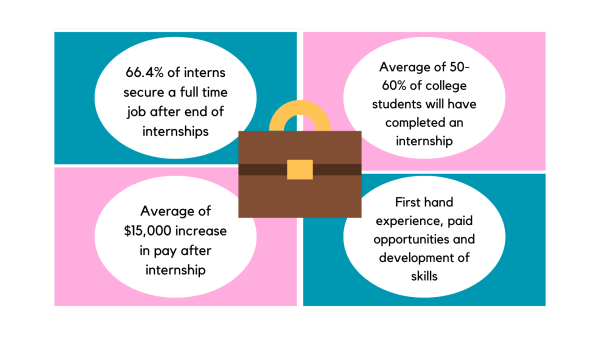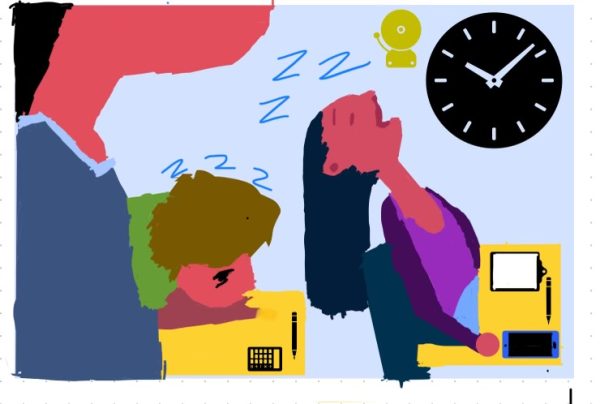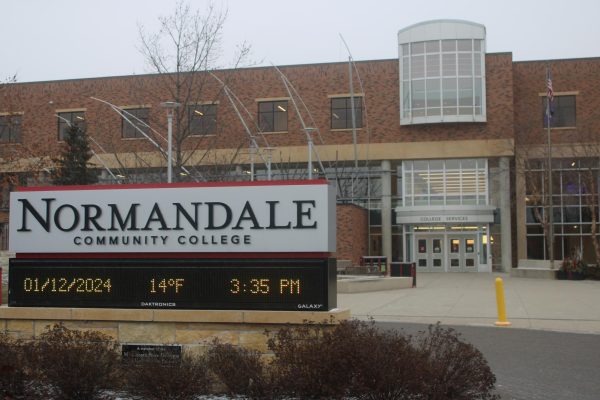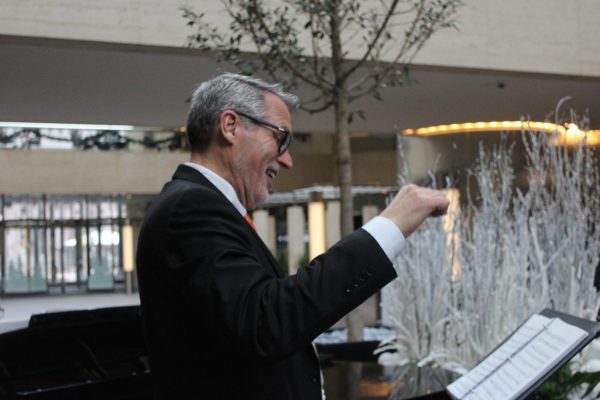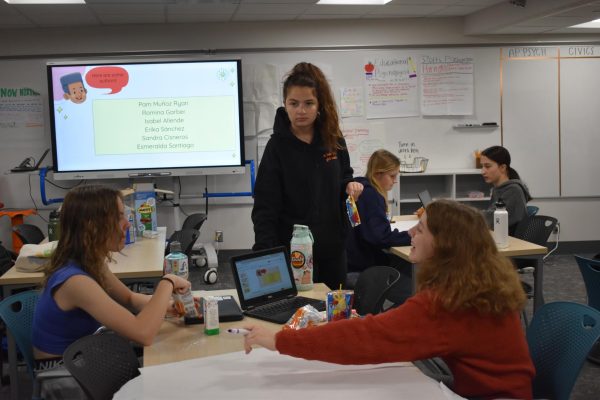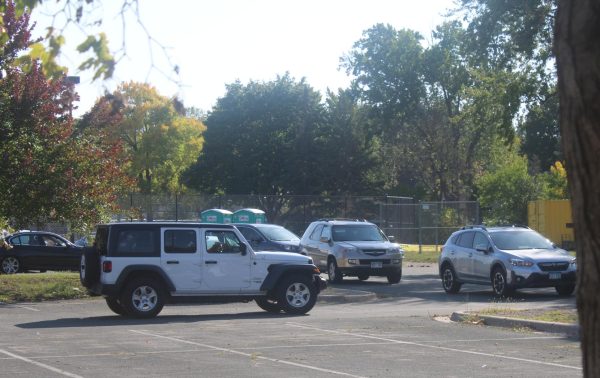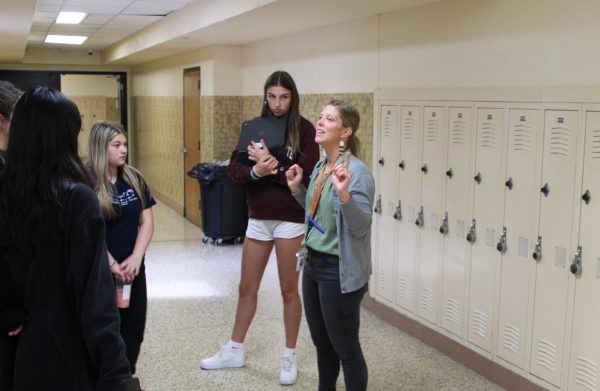My uncommon cold
October 12, 2016
I was a little concerned when I was having heart attack symptoms at age 17.
O.K., I wasn’t actually having a heart attack, or anything close. It turned out I had the most stressful common cold in recorded history.
After an Ultimate Frisbee game one weekend, I started having serious chest pain and shortness of breath. I figured I was just out of shape and the pain would go away in a few minutes. Instead, the pain got worse, and my mom took me to urgent care.
After making friendly conversation with the lovely Jewish receptionist, a nurse took me back into a room with a bunch of spooky machines straight out of “Grey’s Anatomy.” I’ve never actually watched “Grey’s Anatomy,” so this is just a guess.
In my afternoon at urgent care, I was asked many times how severe the pain was on a scale of 1-10. The doctors listened to my heartbeat, took my temperature, and gave me a chest X-Ray. They gave me an electrocardiogram, which entailed putting some sticky things on my chest and attaching me to a machine with the moving green line. The results of these tests weren’t at all conclusive — the answers were “well, we don’t really know the problem.”
A few appointments with the cardiologist later, including another heart scan called an echocardiogram — an ultrasound of the heart — there still appeared to be no problem. Eventually, the cardiologist listed about 10 factors that could be the problem, but informed me we still didn’t know what had caused my symptoms.
A few days later, the pain was gone, I felt much better and I had endured what must’ve been a simple cold or virus.
This bizarre medical experience taught me about different medical procedures that hopefully won’t be useful later in life. More importantly, I learned the importance of taking my health seriously and speaking up when something is wrong — medically or otherwise.
Although my trips to the doctor were much ado about nothing, the doctors, my parents and my friends reminded me it was important that I take care of myself and go to the doctor just in case.
Even though I was never actually in any medical danger, this experience made me take my health more seriously and place greater focus on taking care of myself.



